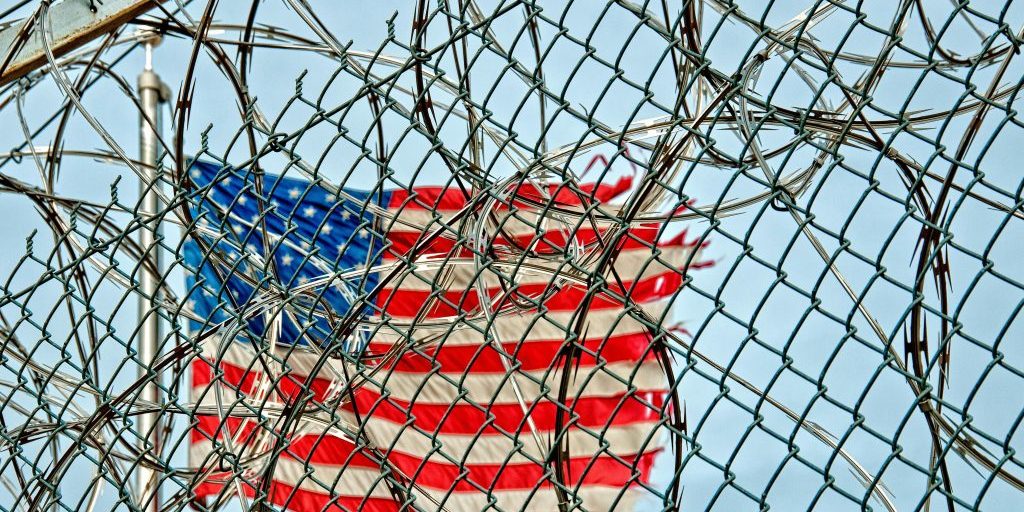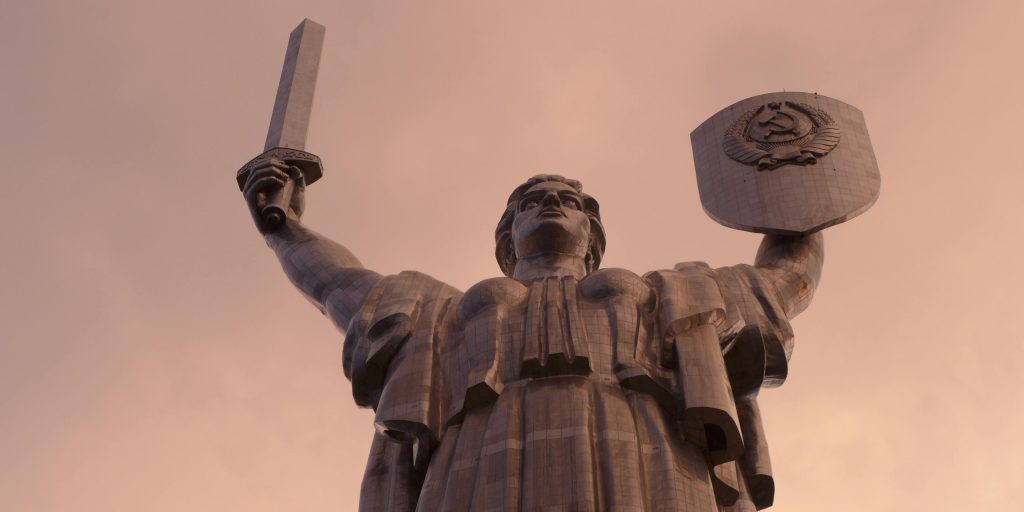Millions of households at risk, says #SaveFreeTV campaign
The SOS Coalition has launched the #SaveFreeTV campaign, ‘an urgent and necessary campaign aimed at safeguarding the constitutional right of access to information, in particular free-to-air (FTA) television’.
‘This campaign comes in response to the ongoing Broadcasting Digital Migration (BDM) process and the imminent threat posed by the scheduled switch-off of the analogue television signal on 31 December 2024,’ says its Campaigns’ and Communications’ Coordinator, Noor Ahmad.
‘South Africa is a member of the International Telecommunications Union (ITU), the United Nations body responsible for telecommunications, and South Africa is a member of Region 1 of the ITU with other African countries,’ explains the Department of Communications and Digital Technologies (DCDT). Region 1 comprises Europe, Africa, the Commonwealth pf Independent States, Mongolia and the Middle East west of the Persian Gulf, including Iraq.
‘In 2006, South Africa acceded to the ITU Regional Agreement in Geneva 2006 (GE06) that determined that Region 1 countries must migrate from analogue television to digital television by 17 June 2015.’
Nearly a decade later, the migration has not happened, and the SOS Coalition believes it cannot, until ‘critical measures are implemented to ensure millions of households do not lose access to FTA TV, their primary source for vital news, information, and entertainment’. FTA TV channels in South Africa include SABC 1, SABC 2, and SABC 3, eTV – South Africa’s largest independent FTA channel – and OpenView.
‘The #SaveFreeTV campaign demands that the DCDT immediately halts the analogue switch-off (ASO) until [these] measures are implemented.
‘With between 2.2- to 4.5-million households still reliant on analogue TV, the government’s failure to effectively roll out set-top boxes (STBs) and raise public awareness regarding registering for a government-subsidised STB and the implication of ASO, could result in millions losing access to essential information and services.’
STBs would enable people without satellite TV to watch digital TV on existing TV sets.
MyBroadband’s Jan Vermeulen wrote that the Independent Communications Authority of South Africa (Icasa) had given 31 July 2024 as the ASO deadline in its annual performance plan for the 2024/25 financial year. However, said Vermeulen, this was incorrect.
‘Communications Minister Mondli Gungubele published a notice in the Government Gazette last year that 31 December 2024 was the final analogue switch-off deadline’ while ‘Icasa has assured that it consulted with the DCDT while preparing its annual performance plan’.
Gungubele is now the Deputy Minister of Communications and the DA’s Solly Malatsi the Minister since the elections and the establishment of a Government of National Unity (GNU) in May 2024.
But, said Vermeulen, ‘whether the switch-off [happened] in July or December, South Africa’s digital terrestrial television (DTT) migration is 13 years overdue’.
‘South Africa aimed to have 80% digital TV signal coverage in time for the 2010 FIFA World Cup, which kicked off on 11 June that year. Total switch-off of South Africa’s analogue TV signal would follow on 1 November 2011. Government missed both of these deadlines.’
Among the many issues that have delayed the BDM was ‘an acrimonious feud between MultiChoice and eTV over whether South Africa’s digital TV decoders should include encryption technology’. MultiChoice operates DStv, a major satellite television service in sub-Saharan Africa
‘Between 2015 and 2017, investigative journalists exposed the terms of [a] commercial agreement etween MultiChoice and the SABC that ensured the public broadcaster’s allegiance to the anti-encryption campaign.’
The Market Research Foundation added another dimension in May 2024 with the release of its MAPS Data Overview for January 2021 to December 2023 which revealed a serious decline in TV viewership in South Africa.
The SOS Coalition’s #SaveFreeTV campaign is, meanwhile, part of a broader protest against the SABC Bill, which proposes dramatic changes to the current system of public broadcasting.
Government gazetted the Bill in June 2021, seeking to repeal the current Broadcasting Act of 1999. On paper, the proposed law sought to strengthen the efficiency of the operations of the public broadcaster, envisaging, among other changes, the streamlining of the Board, which would strengthen its responsibilities and accountability.
It also proposed reforms in the SABC’s funding model and the TV licensing system.
But the SOS Coalition and Media Monitoring Africa (MMA) say the new SABC Bill – approved by Cabinet on 27 September 2023 – presents ‘extreme threats to editorial and institutional independence of the SABC, media freedom and the very existence of public broadcasting in South Africa’.
The organisations have called for its immediate withdrawal.
‘SOS and MMA are at a loss to understand how Cabinet could have passed such a flawed and premature Bill. We submit that the Bill is in no state to be tabled in Parliament. Not only do the provisions undermine key principles of public broadcasting but there were serious irregularities with the process itself.
‘While the Bill is supposed to improve the functioning of the SABC as a multi- channel, multi-platform content services provider on linear and non- linear basis, making it better suited to fulfil its mandate – it seems to do the opposite.’
SOS and MMA state that ‘the public mandate of the SABC is unfunded’.
If this continues, the viability of the public broadcaster will be increasingly shaky with impacts felt across the board but particularly in the quality of programming content
They also raise questions about the Bill introducing a subsidiary company to run the commercial operations of the SABC (including SABC 3).
‘This is a commercial Board … the SABC [is] a public broadcaster. This sudden U-turn is unjustifiable given that in both drafts of the White Paper on Audio and Audio-Visual Media Services and Content Online Safety, the DCDT has clearly stated that the public commercial division has failed, from its inception in 1999, to cross subsidise the public division.’
Yet, ‘perhaps the most concerning aspect of the Bill are the powers [it] confers upon the Minister, which are contrary to prominent court judgments that specifically require protection of the independence of the public broadcaster from ministerial interference’.
The Bill’s provisions allow the Minister to have a veto over the appointment of an interim Board of the SABC and any extension of a Board’s term after the end of the second term by six months or until a new Board is appointed. By making the SABC subject to ministerial veto, it invites executive and political interference.
Also notable, say SOS and MMA, is that, ‘while the Bill makes smoke references to audio and audio visual content, [it] offers no meaningful engagement with the emerging digital reality, where much of the SABC audience still relies on analogue, yet at the same time the SABC must shift to digital offerings’.
‘Rather than offering firms clauses on local content and how to bolster and further protect a core mandate of the SABC – news and current affairs – the Bill waters down the SABC commitment.’
SOS and MMA ‘urge Parliament to refuse to accept the SABC Bill and to insist that it be withdrawn by the DCDT and for it to be resubmitted after substantial amendments have been effected in line with the finalised White Paper, and after proper public consultations on its provisions have been completed’.
The #SaveFreeTV campaign – which focuses also on the digital terrestrial television (DTT) v direct-to-home (DTH) issue – is gaining momentum, with SOS and MMA demanding:
- an agreed threshold of 85% for the roll-out of STBs to indigent households to access the full range of digital offerings
- a timeframe for the procurement/availability of DTH/DTT kits in retail stores
- a nationwide publicity and campaign on the ASO to ensure no one is left behind
- the DCDT investigate the future viability of DTT vs DTH, and
- an exploration of the cost of signal distribution and sustainability of DTT
SOS has a petition to support the #SaveFreeTV campaign on its website.
More information about DTT and DTH can be accessed here.
Read an article by , Adjunct Professor of Journalism at the University of the Witwatersrand, about how the issues of digital migration affect the poor, here.
- This article was compiled by Janet Smith, adjudicator at the Press Council




